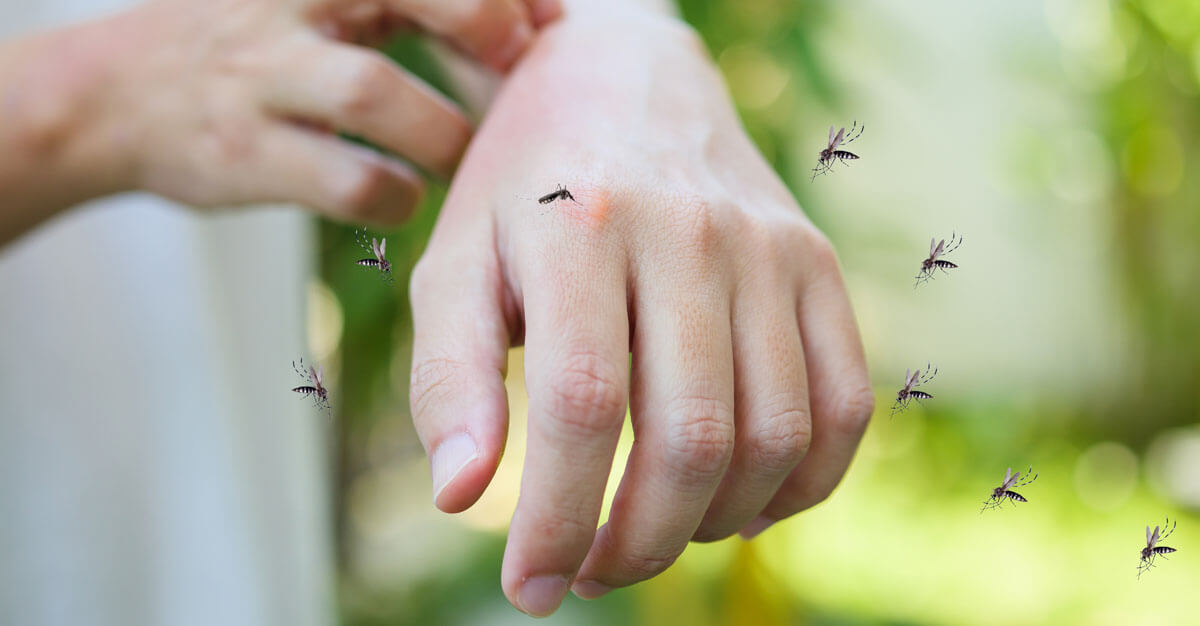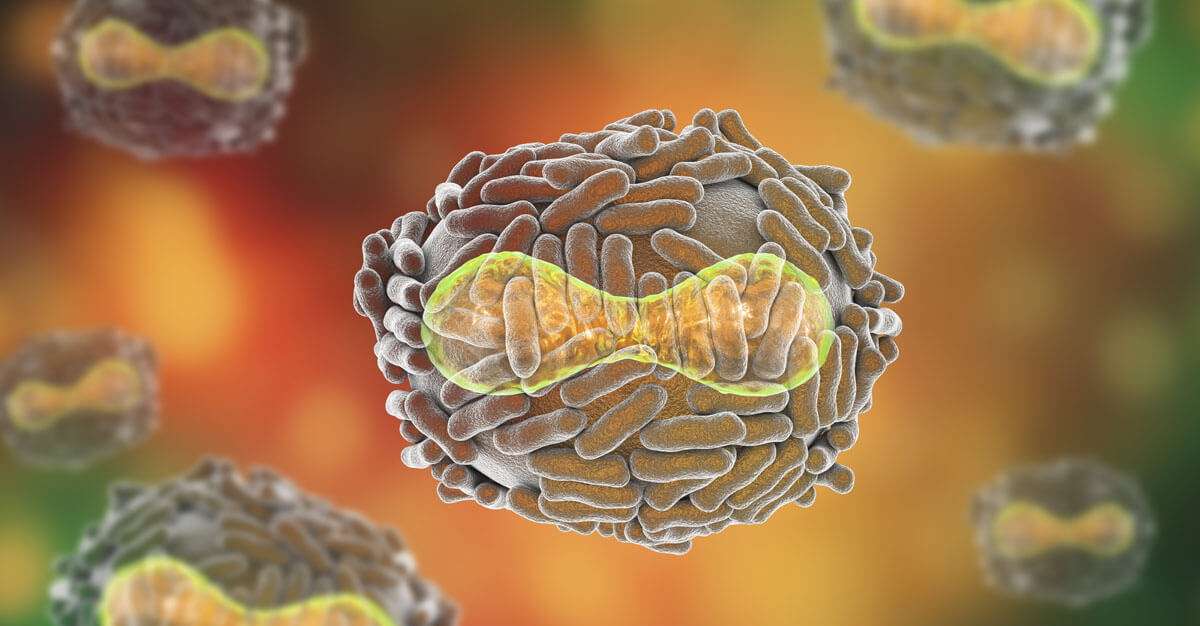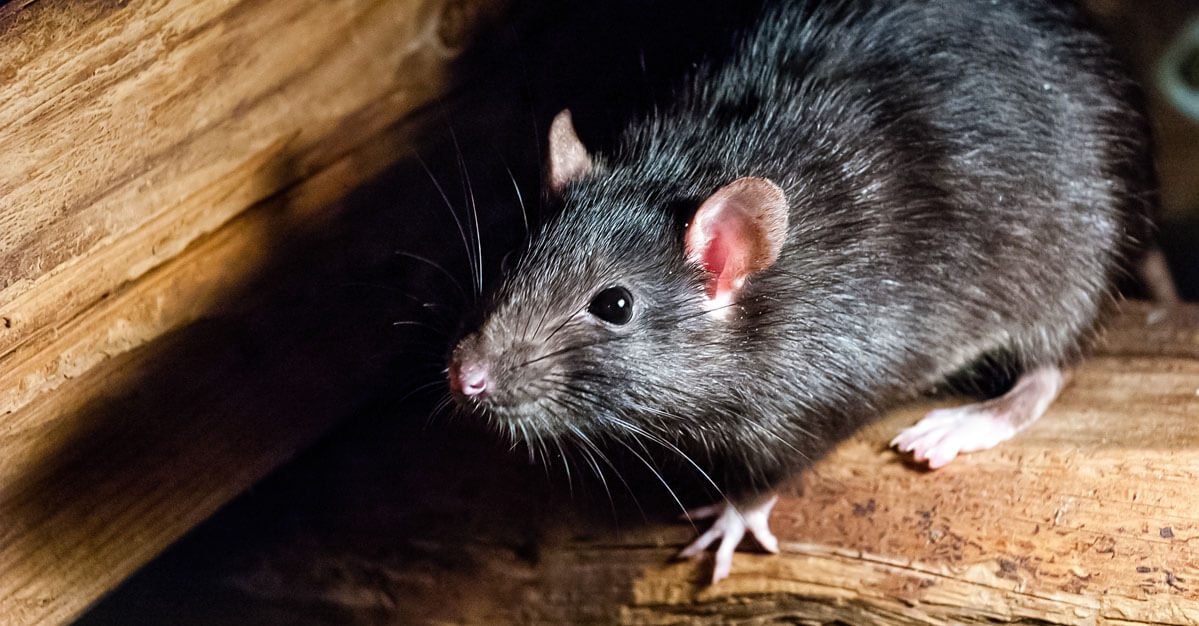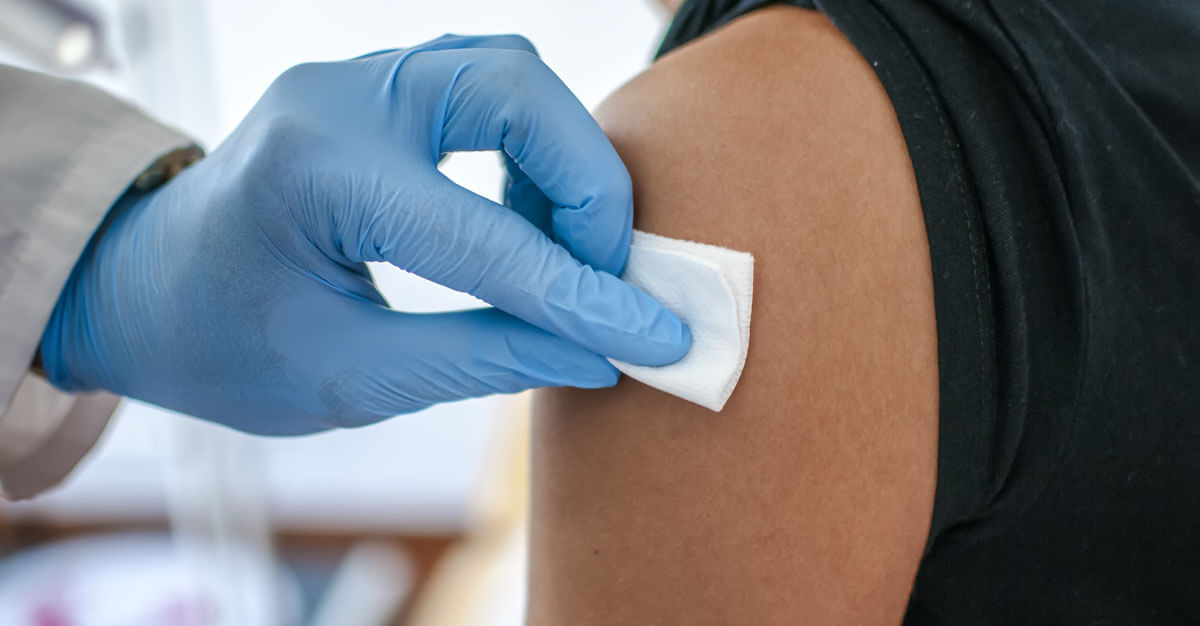
Yellow fever is a disease that has a storied past, one that’s intertwined with the mosquito. The Aedes aegypti mosquito is usually associated with the spread of yellow fever, but the Haemagogus mosquito can also be a vector of the disease. Yellow fever transmission is higher in tropical and subtropical areas, such as Africa and South America. Symptoms for humans can include fever, chills, headaches, backache, weakness, nausea, and vomiting. Some people could develop more severe symptoms. However, many people infected with yellow fever will experience no symptoms at all.









